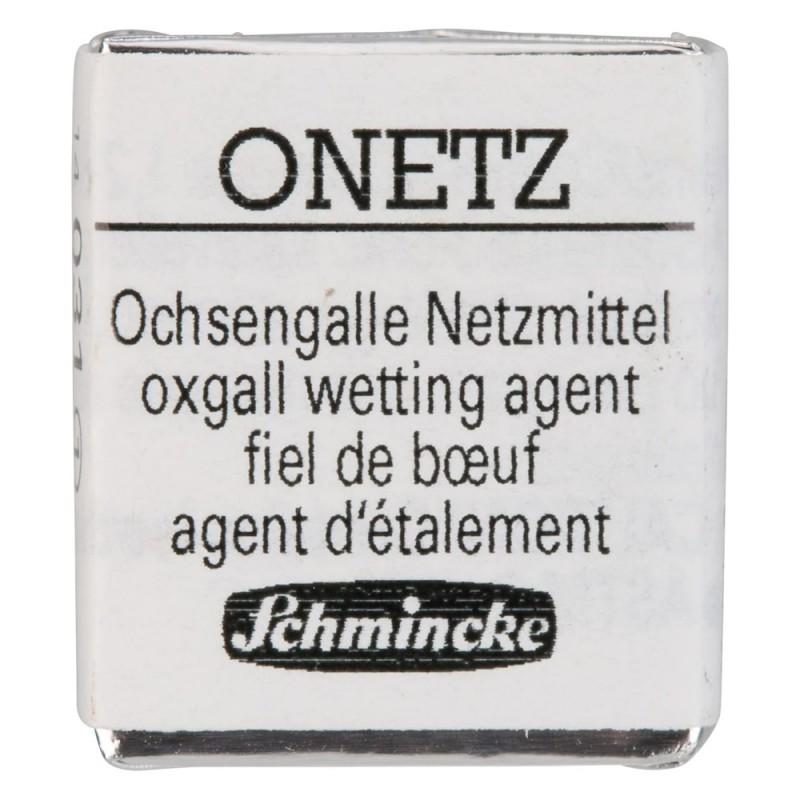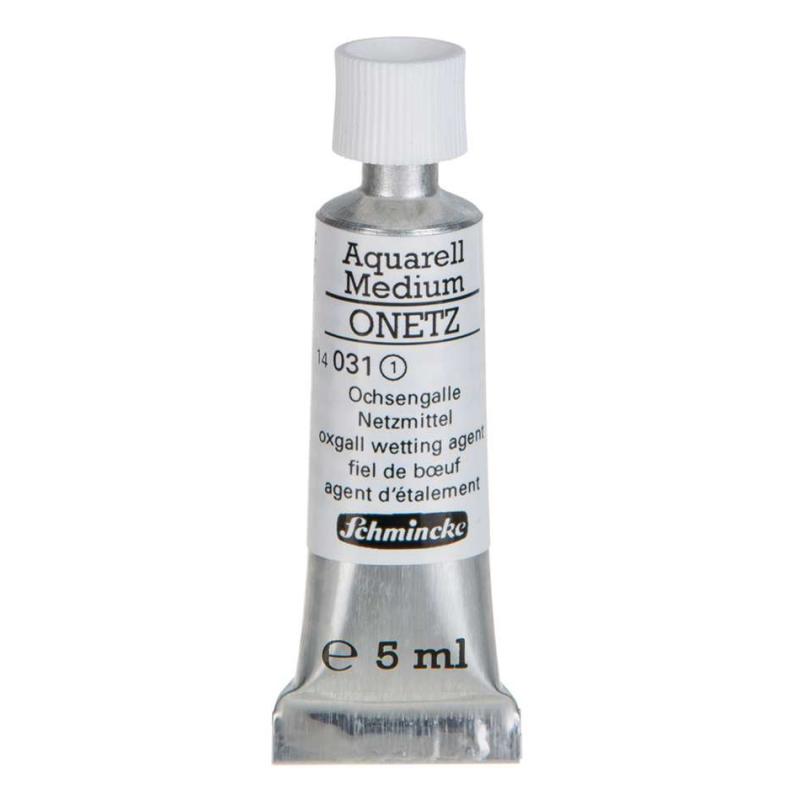Schmincke - HORADAM Aquarell Watercolour (5ml) French Ultramarine 493 (S2)
Made using only the finest pigments
Excellent lightfastness
69 single pigment formulations
Superior quality
Fantastic value for money
Also available in half pans
Video: Behind The Scenes of Schmincke Watercolour Production
Knowing watercolour relies upon the variable characteristics its pigments, more than any other medium, Schmincke watercolour paints use only the finest pigments in their watercolour tubes. The Horadam Aquarell range features excellent levels of light fastness in its collection of vibrant colours.
Including 69 single pigment formulations, combined with only the highest standard Kordofan Gum Arabic binding medium, Horadam Aquarell Watercolour Tubes offer a superior quality synonymous with the Schmincke brand.
Why choose Schmincke Horadam Aquarell Watercolour Half Pans?
Formed by a unique manufacturing process, Schmincke Horadam Aquarell Watercolour Half Pans contain the same high quality formulation as Aquarell Watercolour Tubes. Pans are filled four times, over a period of four months, with the colours being allowed to dry and settle between each filling. This creates a concentrated half pan, ready for use when wetted with water.
What is watercolour?
Watercolour is produced by the combination of a pigment with a binder, usually Gum Arabic. This is then applied, with water, to a support such as watercolour paper. The pigment fixes to the support upon evaporation of the water. Water colours are water-based, so brushes used to apply the watercolour paint need only mild soap and water to clean them after use.
This video illustrates how simple it is to clean and care for watercolour brushes.
Why use tube watercolour?
Watercolour paint is available in two different formats, tubes and pan. Watercolour tubes are ideal for creating a strong wash quickly, and are popular with artists who are producing large scale work, and using a lot of colours. Tube watercolour lends itself to many different techniques, in contrast to pan colours, which are better suited to creating more detailed artwork.
What is better, tube watercolour or half pans?
There is no difference in quality between tube watercolour and half pans, the difference is in the application. One of the main features of the tubes is controlled measurement of use, applying as little or as much as required by the artist. Big spaces are more easily covered using tube water colour than when using a half pan.
Designed for ease of travel, half pan colours are perfect to use on the go. Half pans are popular with artists who paint infrequently, as the paints may be left for a long periods of time between uses, without affecting their quality.
What to do if your tube dries up?
Keeping the caps closed tightly on the tubes will help prevent the paint drying up. Once a tube has dried up, the watercolour paint cannot be re-softened. However, the colour may still be used by cutting open the tube, and using in the same way as a pan of watercolour.
Which surfaces best support Watercolour?
When choosing a watercolour surface, it is important to consider the absorbency, colour and stability of the paper. Our range of watercolour paper & pads offers an extensive choice of size and style, to meet artists' every requirement.
Which brushes are best for watercolour painting?
Watercolour painting requires the brush to hold large amounts of water and paint. Natural hair brushes, particularly Red Sable brushes, tend to be favoured by artists working with watercolour. With a middle body able to hold a good reservoir of colour, Sable hair has excellent spring and resilience. The hairs are particularly strong at the brush's fine tip, allowing the brush to be used both delicately and aggressively.
Advancements in the production of synthetic hair have resulted in a rise in popularity of Synthetic Watercolour Brushes, especially if price and durability are an issue.
Who are Schmincke?
Founded in 1881 by Hermann Schmincke and Josef Horadam, the Schmincke Company originated in Düsseldorf. Renowned for "tradition, passion and quality", Schmincke continue to manufacture all their products in the German town of Erkrath.
Combining the latest technology with handmade processes, Schmincke produce the finest calibre artists' colours, which are predominantly single pigmented. Schmincke offer an array of paints to suit all abilities and budgets, including Akademie, a collection of inexpensive acrylic colours developed for students and beginners.

















































